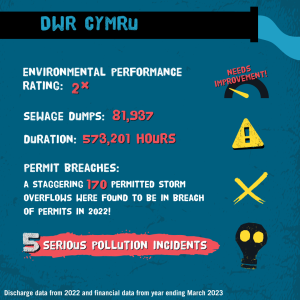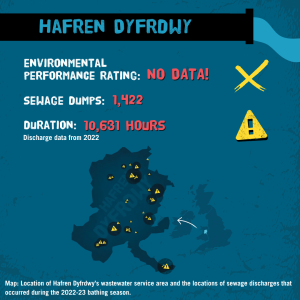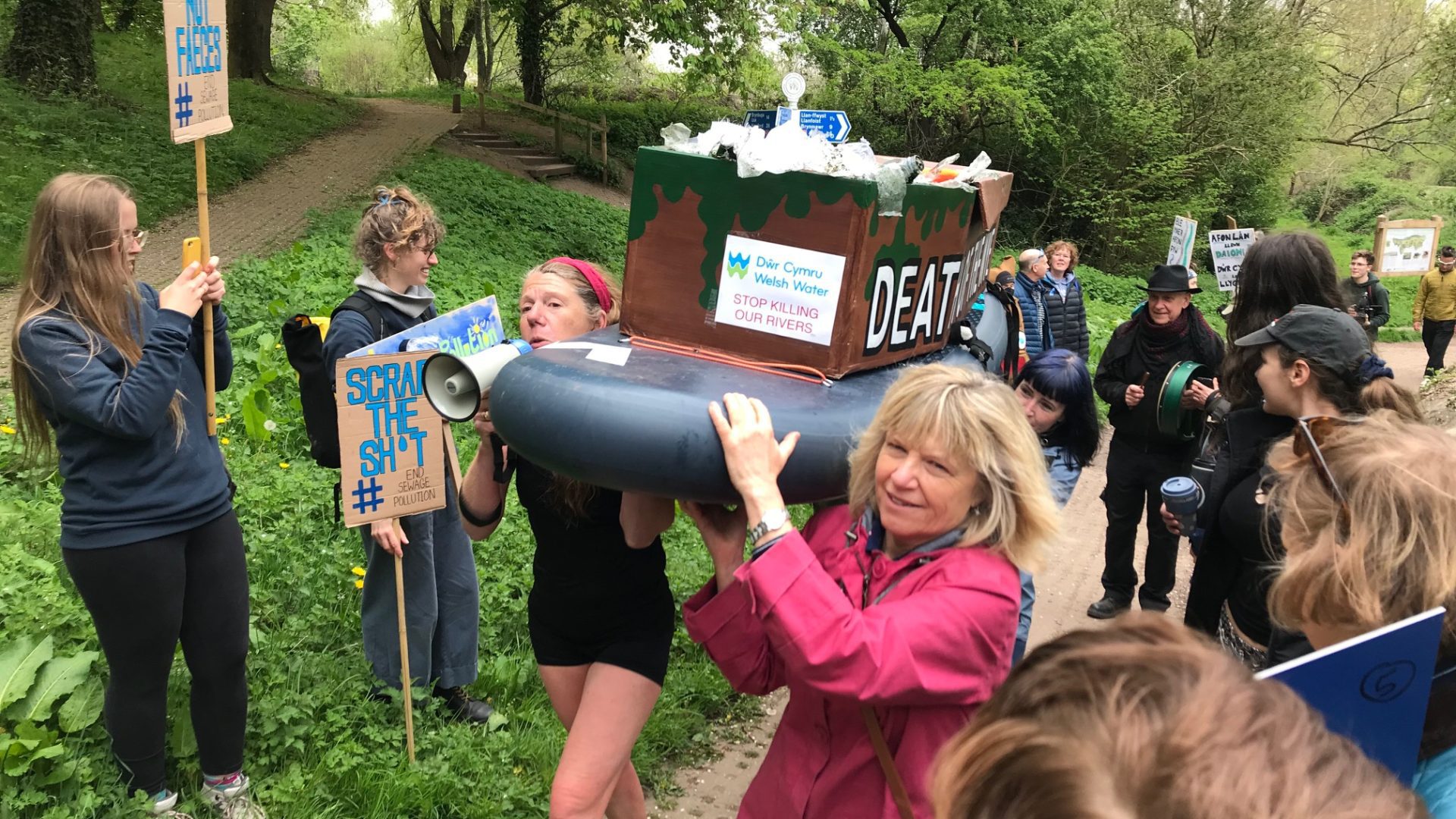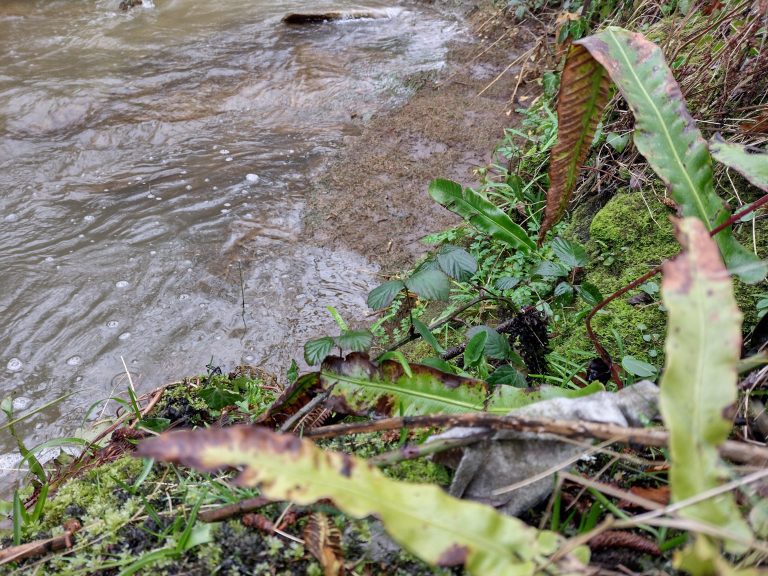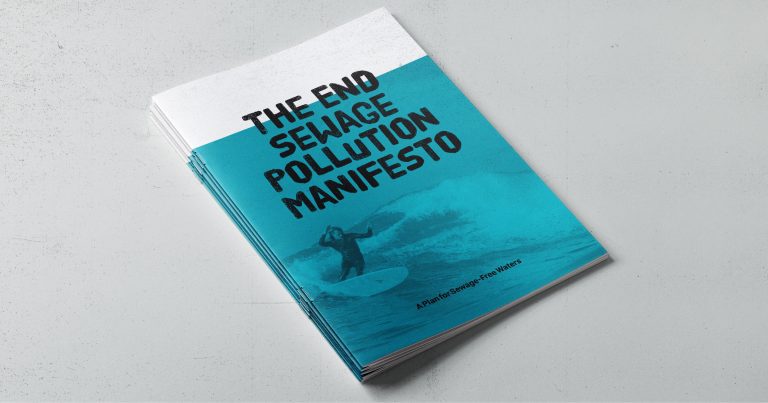
There are two companies in Wales, the largest of which is Dwr Cymru (Welsh Water) which is not-for-profit and operates solely in Wales. The other is Hafren Dyfrdwy (part of Severn Trent).
Senned Cymru and the Welsh government have the power to set the environmental regulations that both companies should follow, and Natural Resource Wales (NRW) manages these water companies’ compliance with these environmental regulations. Like England, Wales is financially regulated by Ofwat.
Hafren Dyfrdwy came into existence on 1 July 2018, forming a water and sewerage company that is wholly within Wales’ political boundary. All assets that were previously owned and managed by Severn Trent Water and Dee Valley Water in Wales were transferred to Hafren Dyfrdwy. Hafren Dyfrdwy’s sewage overflows make up just 2.45% of the total number in Wales, yet they still discharged a total of 1,422 times in 2022, with Many of these sewage discharges flowing into popular rivers amongst water users, such as the upper lengths of the famous River Severn.
Combined, Hafren Dyfrdwy and Dwr Cymru discharged for a total of 613,618 hours. That’s equivalent to 25,567 continuous days of sewage discharges. They were also found to both be in breach of their permits in 2022.
Both Hafren Dyfrdwy and Dwr Cymru have subsequently been issued with warnings from NRW, and in October 2022 were issued with fines amounting to £8 million for Dwr Cymru and £400,000 for Hafren Dyfrdwy by Ofwat for their ongoing failure to meet targets.
All in all, this paints a picture of a nation riddled with sewage problems. Many Welsh beaches and rivers are situated in national parks, near sites of special scientific interest, or are popular with water users (whether designated as official bathing waters or not). Despite this they are subject to hundreds of thousands of hours of annual sewage discharge by water companies that don’t care about it’s people or the planet.
